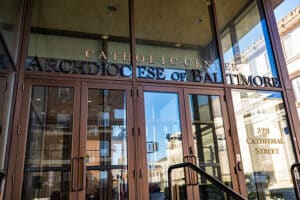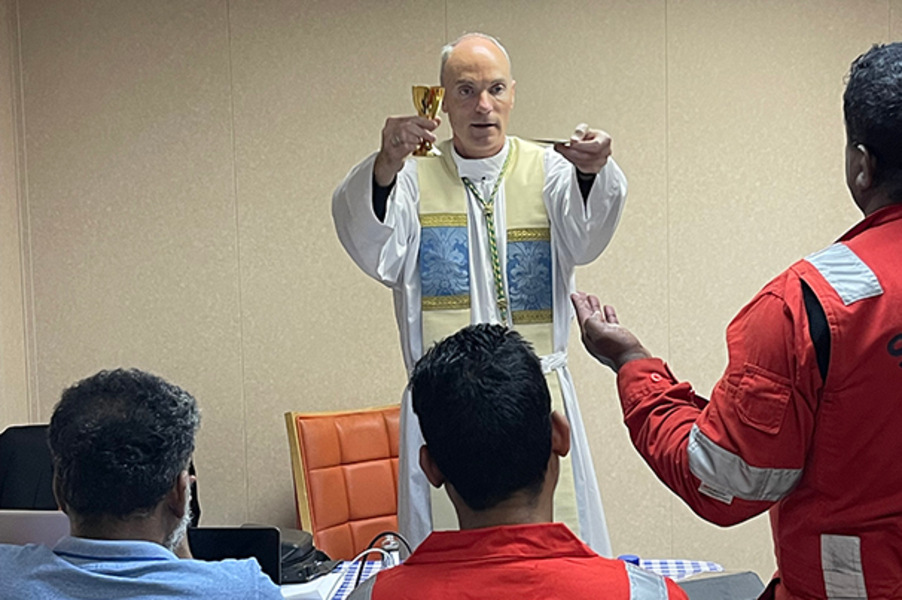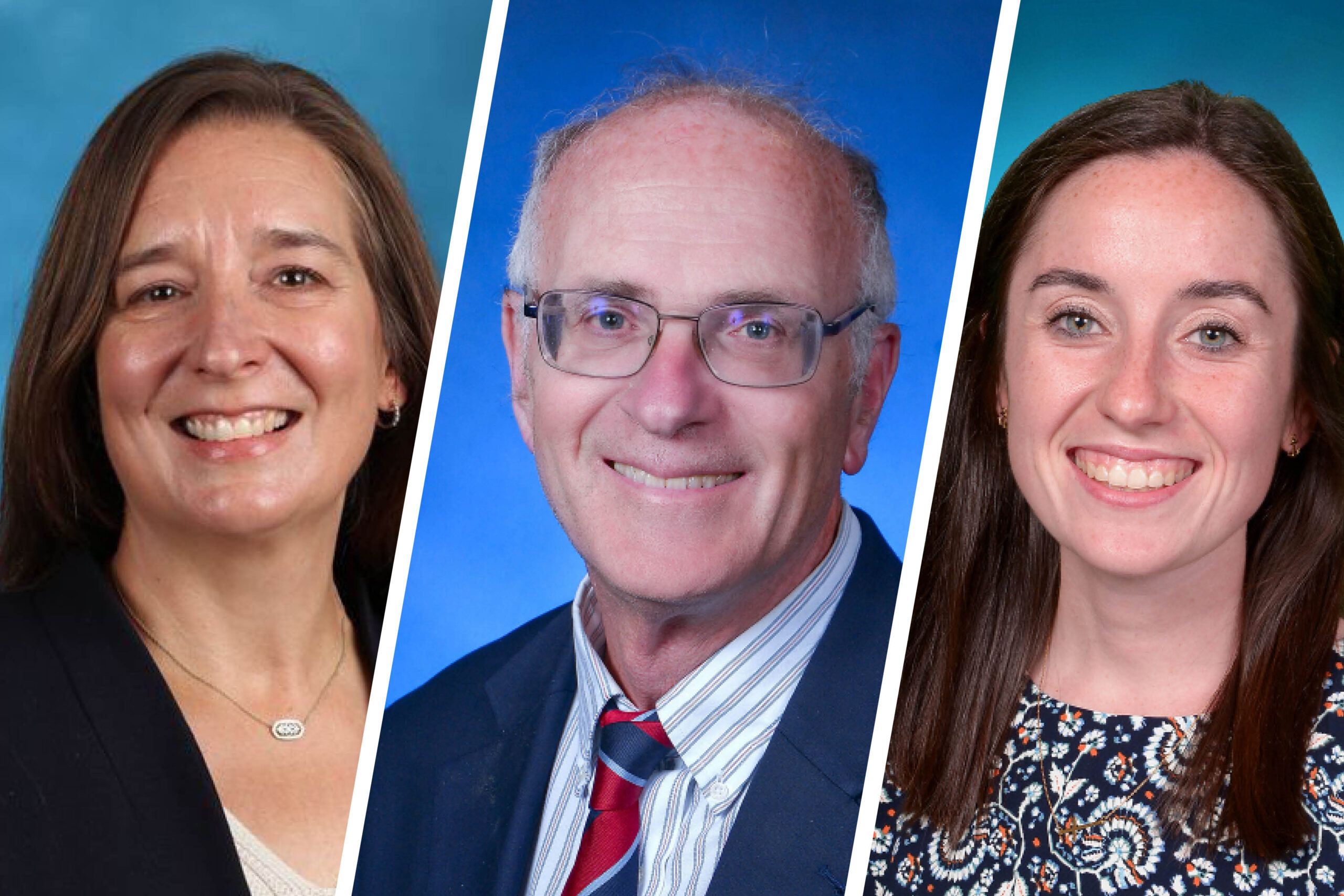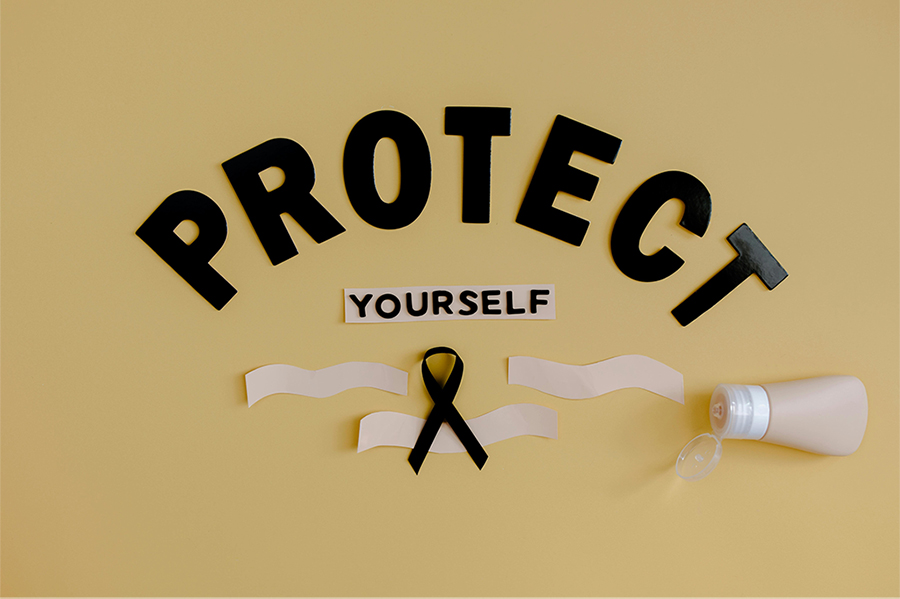Updated 8/22/23, 6:15 p.m.
A Baltimore City Circuit Court judge released an order Aug. 22 that will allow the Maryland Attorney General to reveal some of the 46 names that were redacted in the original release of its November 2022 report on clergy sexual abuse in the Archdiocese of Baltimore.
At least three of the names originally redacted will remain so. The unredacted report with names reveled cannot be released until Sept. 26, unless otherwise directed by the court.
The report was the result of a four-year investigation by the Office of the Attorney General into sexual abuse of minors over a span of eight decades.
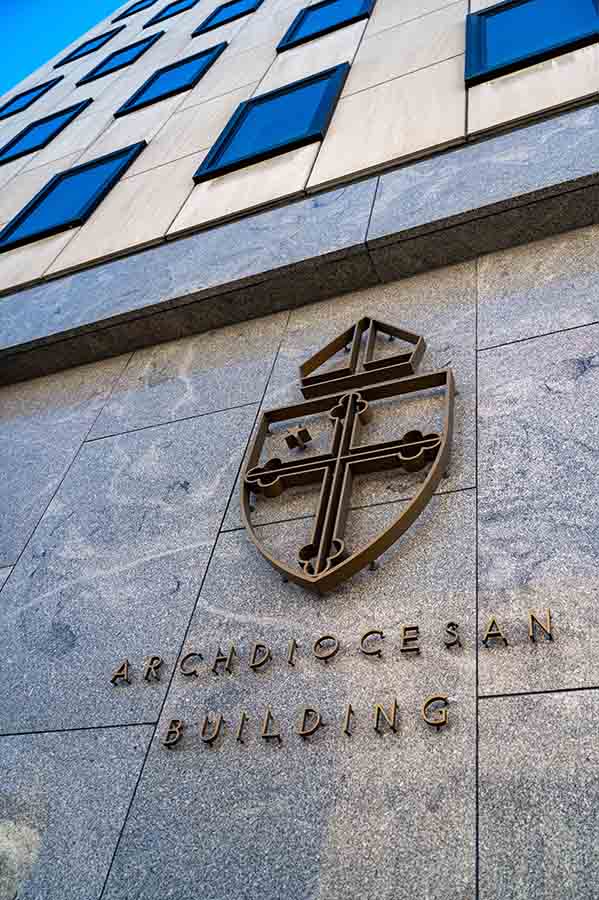
The court’s ruling, signed by Associate Judge Robert Taylor Jr., noted: “The one indictment which did arise from the investigation is not discussed in the report and the accused in that case is not included in the list of accused abusers in the report.”
The order also noted that “the fact remains that the large majority of the conduct described in the report took place prior to the year 2003.”
The names of five church officials, identified in the attorney general’s report as Officials A to E, will be among the names revealed, none of whom are accused of committing abuse or any other crimes. Legal counsel for some of those officials argued before the court that the report contains inaccuracies and mischaracterizations of their actions. “The officials argue that to the extent that the Attorney General urges public justice and accountability as the basis for disclosure, that interest is nullified by a report with these and other inaccuracies and biases,” the court order said.
The order also addressed whether 10 names of accused abusers redacted in the report could be revealed, and determined that all but one can be released. Of 31 other people who were not accused but whose names were redacted, the court authorized for all but two of the names to be released.
A statement from the archdiocese upon the release of the judge’s order said, “Our foremost thought remains our concern and prayers for survivors of child sexual abuse. Today’s opinion will no doubt be a reminder for survivors and others of the great harm done to children.
“Since the start of the investigation by the Maryland Office of Attorney General into child sexual abuse in the Archdiocese of Baltimore and throughout the entirety of the ensuing legal process, the archdiocese offered its full cooperation and support. When the report was complete, the Archdiocese believed that some of those named in the report, not accused of abuse, had a right to be heard as a fundamental principle of fairness. Publishing a report without such an opportunity would be a violation of the due process guaranteed to all citizens.”
Judge Taylor’s order said, “(T)he report produced by the Office of the Attorney General is not an indictment. It is not the finding of any judicial officer. There has been no trial, no cross-examination of witnesses, no complete and unbiased presentation of evidence and arguments by all interested parties.
“This court is neither endorsing nor refuting the specifics contained within the report. It is not the court’s report; it is the report of the attorney general,” the order said.
The order also stated: “To be clear: the archdiocese did not sexually exploit children. Individuals did. The archdiocese did not fail to report abuse. Individuals did. The archdiocese did not transfer alleged abusers to positions where they could abuse again. Individuals did.
“These individual actions may not have been crimes at the time they were committed; indeed, they may not be crimes now. And in some instances, the individuals involved are able to justify their actions and argue with some force that their conduct was both lawful and proper.
Nonetheless, the collective effect of these actions by these individuals led to the sexual abuse and exploitation of an uncountable number of children and young adults for the better part of the 20th century,” the court said.
The court order addressed the question of secrecy regarding people who are still alive, are not accused of a crime and who were not previously identified.
“It is the case that some of the individuals whose identities were redacted are, in a strictly legal sense, not guilty of anything other than doing their jobs. Counsel for some of the interested parties pointed out, for example, that prior to 1993, it was unclear whether mandatory reporting requirements for child abuse applied in cases where the victim was no longer a child,” the order said.
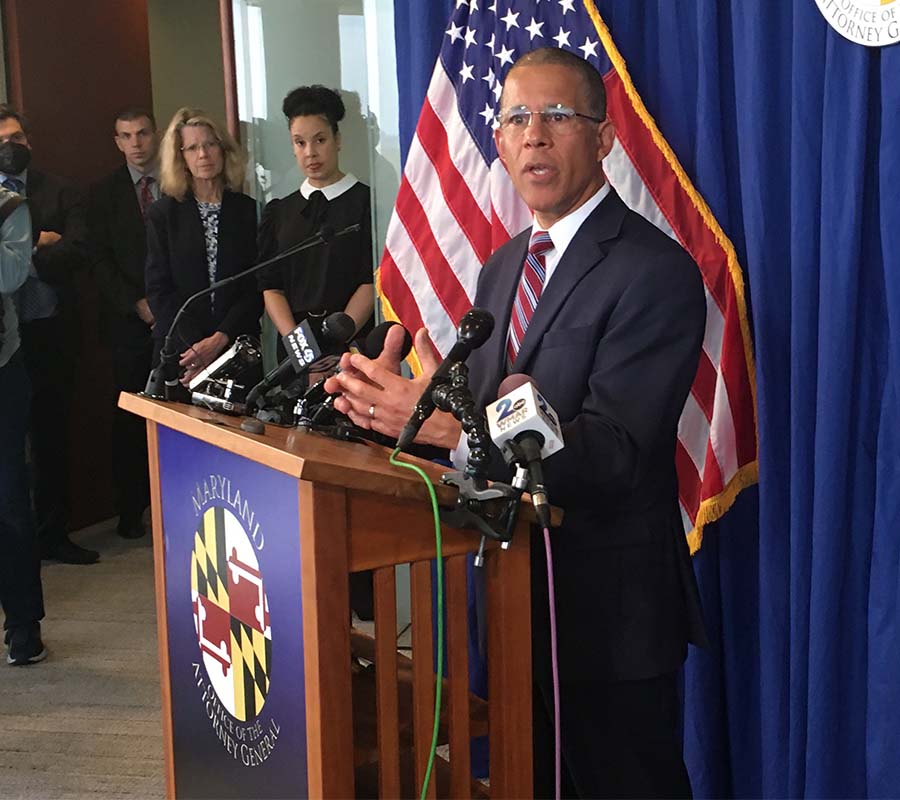
“Some of the accusations that archdiocese officials were called to address were made anonymously and were essentially uncorroborated, or were made under circumstances where at least arguably the accusation was shielded by clerical privilege,” the order said. “The drafters of the report, moreover, made editorial decisions about which information to include and which to omit, toward the goal of presenting a particular narrative about abuse within the archdiocese. These decisions necessarily shape the message being communicated to the public.”
The court said that one of the individuals identified in the report had received death threats over social media for simply having been associated with the archdiocese when it developed and implemented standards for addressing sexual abuse within the church. It also noted that several individuals whose names were redacted opposed efforts at publishing their names for fear of “guilt by association.”
“As the court has attempted to make clear, none of the individuals named in the report have been found guilty of anything. Moreover, the worst that can be said of some of the individuals named in the report is that he or she played a role in the archdiocese that led to him or her having to handle files and complaints pertaining to accused abusers. The fact that an individual’s name was redacted was a function of Maryland law regarding grand jury documents; it was in no way a finding by the court that any of these people engaged in any improper conduct,” the court’s order said.
“Those who interpret either this order or the report as tantamount to an indictment of a particular individual are misinterpreting both the report and the order,” Taylor said. “With regard to the accused abusers, in some instances, the accusations may be false. With regard to the various religious and lay people who are now named (some of whom did not work for the Archdiocese of Baltimore), their conduct may have been entirely proper.”
In its statement, the archdiocese said it “will continue to respect the legal process and actions of the courts that ultimately make legal determinations in these matters.”
“The archdiocese has not opposed the release of the attorney general’s report, just as it has continued its long-standing policy of making public credible allegations of child sexual abuse involving its personnel, the statement continued.
“We are committed to continuing all of our efforts to keep safe the children in our care, and we recognize that the attorney general’s report is a reminder of a sad and deeply painful history tied to the tremendous harm caused to innocent children and young people by some ministers of the church. We ask all to join us in praying for all victim-survivors of abuse and for all who have been affected by the scourge of child sexual abuse.”
Contact Christopher Gunty at editor@catholicreview.org.
Read More Local News
Copyright © 2023 Catholic Review Media
